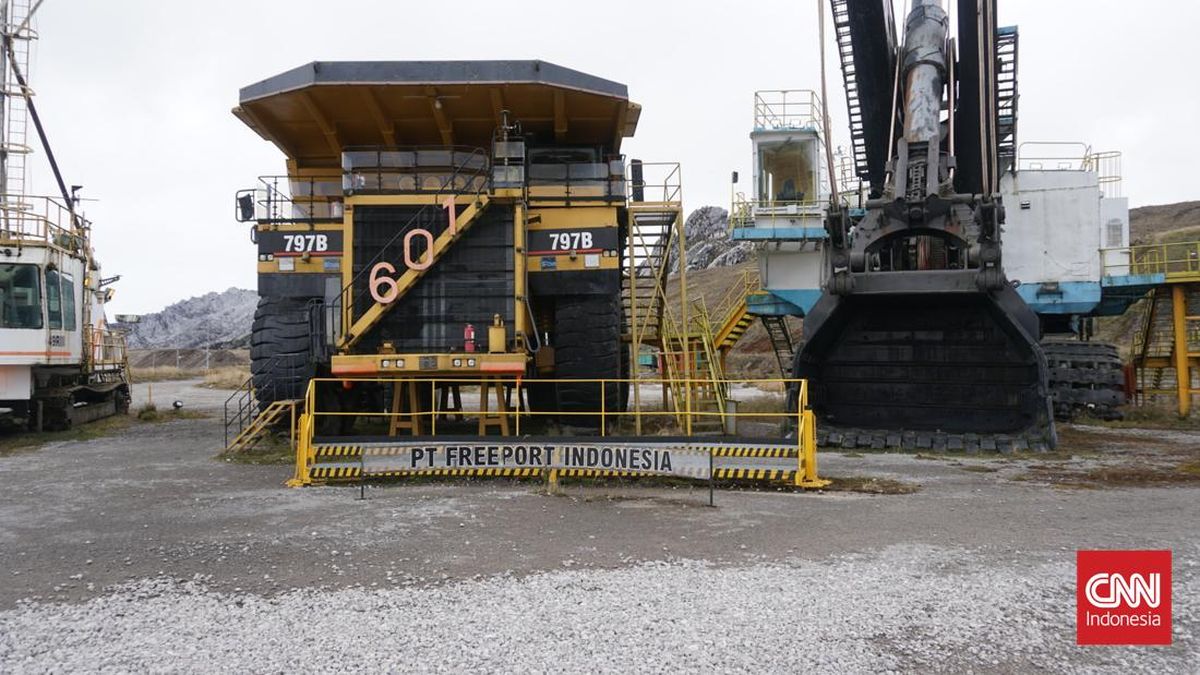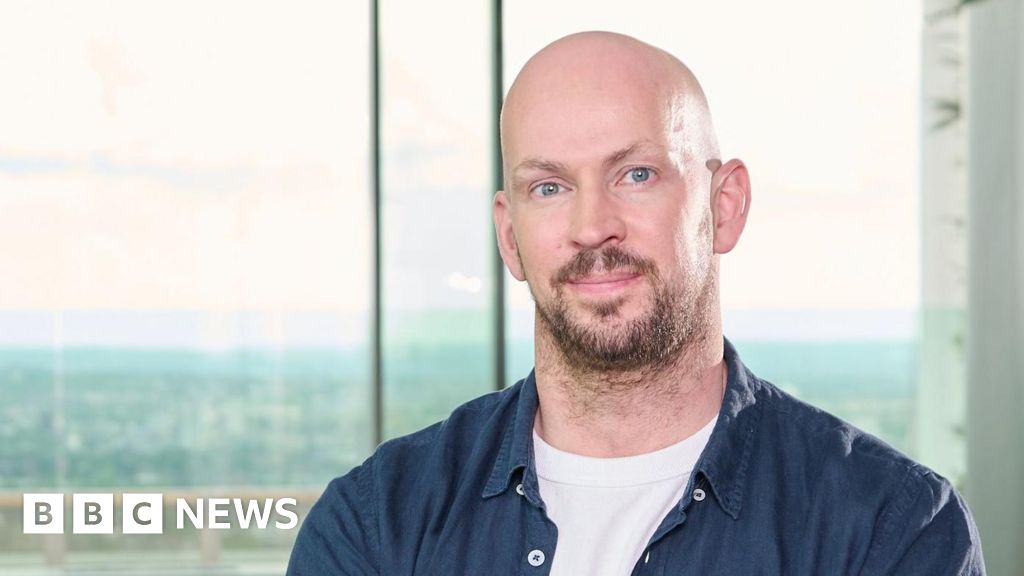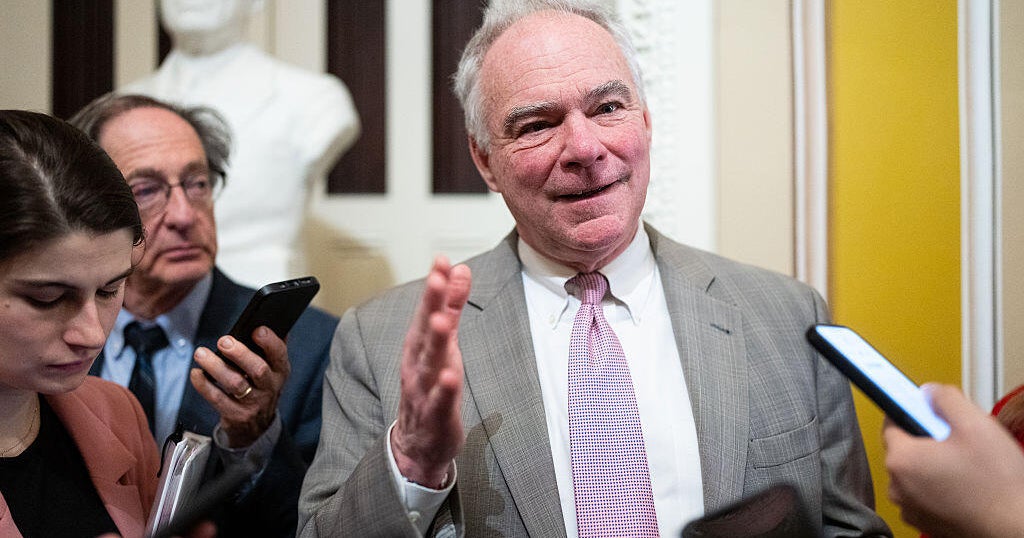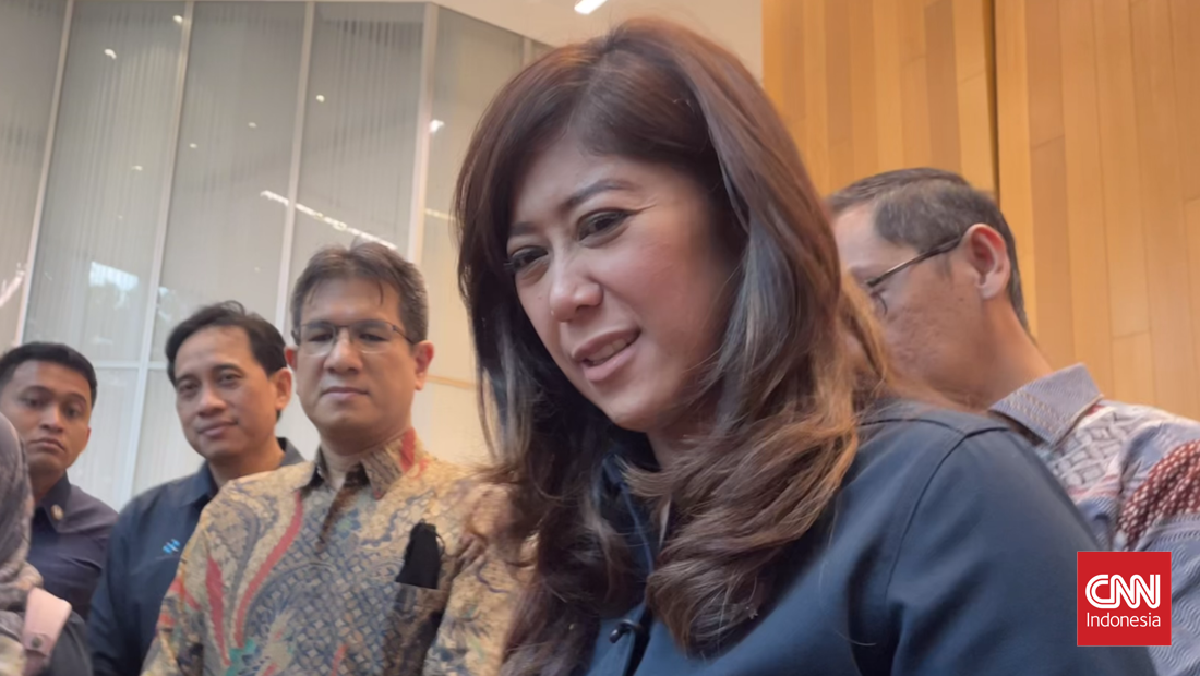Uniqlo has become one of Australia’s go-to stores for wardrobe basics. The Japanese fashion retailer’s local sales are nearing $1 billion as its range of technology-driven tees, thermals and designer collaborations stays in high demand all year round.
It seemed immune to competitive and cost pressures facing other fashion retailers, defying the broader market by recording a 19.4 per cent jump in sales to $817.1 million in the 12 months to August 31. Net profit rocketed 27 per cent higher to $87.1 million.
To put the numbers into context, Uniqlo’s Australian sales are catching up to the likes of sportswear behemoth Nike, whose revenue fell to $891.2 million in fiscal 2025, and they outstrip that of local retailers like Peter Alexander ($548 million), which has about four times as many stores.

Clothing from the Uniqlo LifeWear range at the Museum of Modern Art in New York during fashion week.Credit: Marc Patrick/BFA.com
Its Australian figures demonstrate its resilience against competition from ultra-cheap fast fashion juggernauts Shein and Temu and they signal a shift towards slower consumption.
“Uniqlo positions itself as a modern essentials kind of brand. It’s all about functional minimalism,” said RMIT University senior marketing lecturer Dr Marian Makkar.
Loading
“They try and go against fast fashion trends and quick cycles, focusing on timeless, versatile basics that fit into everyday essentials.”
By focusing on quality over quantity of seasonal drops and developing recognition of its patented and trademarked garment technology (AIRism, HEATTECH), the Japanese brand has built a consistent brand over time, generating a crucial form of capital with customers: trust.
“They don’t fluctuate with trends, but they have set and maintain a steady, reliable promise in their branding to maintain trust and long-term brand loyalty,” said Makkar.
Fashion became notably more relaxed and casual after the pandemic, and Uniqlo benefited from shifts towards comfortable and practical clothing.
Wardrobe staples spanning denim, workwear, parkas and puffers, a children’s range, sleepwear and more transcend age, gender and culture, giving it a “universal appeal” worn by the entire family and adaptable to markets around the world, Makkar said.

UNIQLO : C collection by British fashion designer Clare Waight Keller.
The items most popular among Australians were Uniqlo’s core T-shirt ranges, including the AIRism moisture-wicking oversized tee and the U crew neck T-shirt. Sweatpants and hoodies designed by British fashion designer Clare Waight Keller have tapped into trending silhouettes, while collaborations with luxury designer label JW Anderson, known for its androgynous silhouettes, resulted in a cropped oxford shirt for men and women and a popular pair of unisex barrel-leg pants.
“We are humbled by how our customers have adopted these products,” said a Uniqlo spokesman.
“We listen to the needs of our customers and perfect each garment by making modifications each year based on their feedback. This is an integral part of our product development process.”

The Round Mini Shoulder bag has gone viral in its own right, selling out multiple times, prompting new colours and the nickname ‘Mary Poppins’ bag’.Credit: Bloomberg
Uniqlo was founded in Ube, Japan in 1949. The name is a contraction of ‘Unique Clothing Warehouse’, the name of the first store in Hiroshima.
The founder’s son, Tadashi Yanai, is the chairman and chief executive of parent company Fast Retailing Co, a rapidly growing $182 billion behemoth listed on the Tokyo Stock Exchange.
The first Australian store opened in April 2014 at Emporium Melbourne, which recently completed renovations and is due to reopen on November 27 with a tee and tote custom personalisation station. Over the past decade, Uniqlo has expanded its national footprint to over 40 stores. It plans to open more.

Tadashi Yanai, chairman and chief executive officer of Fast Retailing Co.Credit: Bloomberg
Uniqlo’s leaders have resisted being described as fast fashion, placing an emphasis on timelessness and durability. “Rather than seeking speed, we seek perfection,” Uniqlo’s head of global research and development Yuki Katsuta once said.
In-store design principles of cleanliness, simplicity, organisation and calm also reinforces its brand as functional and minimal, while other retailers have adopted a more crowded, cluttered approach to visual merchandising.
“It’s what I see as a ‘quiet and slow’ strategy that is not loud but focuses on product quality, and delivers on value for consumers,” Makkar said.
Characteristics of timelessness and simplicity have also dovetailed well into global concerns of sustainability and conscientiousness: certain sections of social media, led by “de-influencers”, are now dedicated to encouraging others to buy less but better, a megatrend also happening in other areas like wine.
“There’s an anti-fast fashion movement on the rise,” Makkar said.
The Business Briefing newsletter delivers major stories, exclusive coverage and expert opinion. Sign up to get it every weekday morning.
Most Viewed in Business
Loading


















































